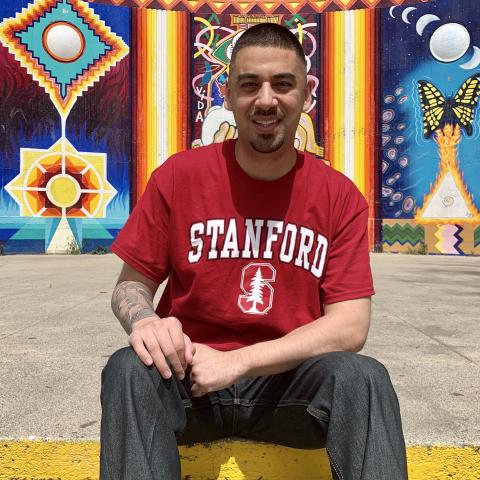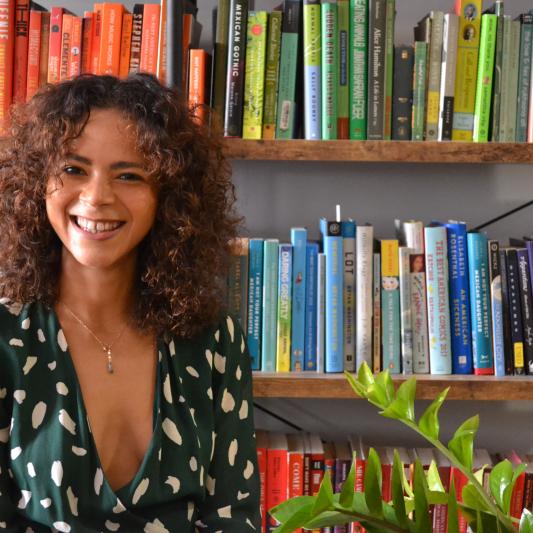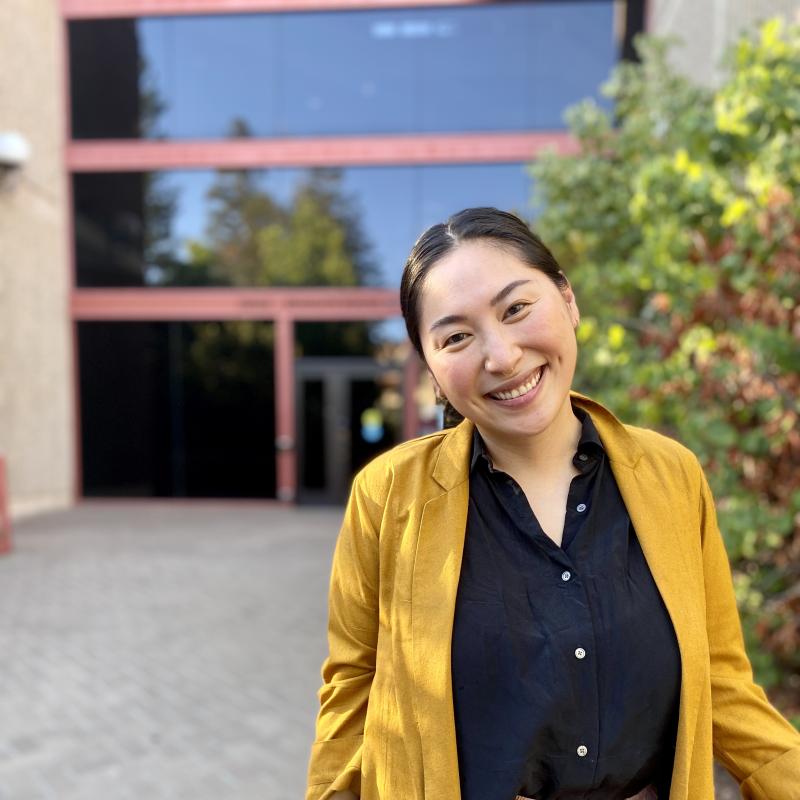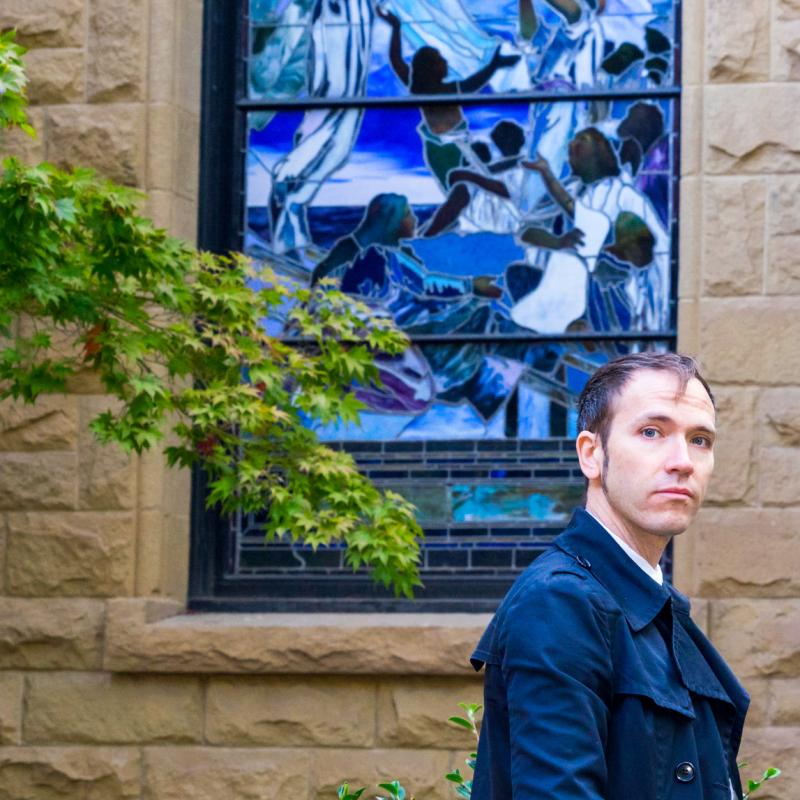
Rubén González
The question pulled him up short. Rubén González was listening to a student-led discussion about systemic inequality and racial injustice in his high school English classroom, when one of his students asked, “So what? Now what?”
“She shifted my perspective,” says González, a PhD student in the GSE’s program in race, inequality, and language in education. “It’s not enough to teach students about institutional oppression or examples of resistance and joy. There has to be action, you have to try to make institutional change in solidarity with youth.”
Inspired to “expand my sphere of influence,” González gave up his teaching job in Elk Grove, Calif., to pursue his goal of being a professor of teacher education. He is simultaneously working on a master’s in sociology at Stanford.
González is driven by his experience growing up in Greenfield, a Central Coast and mostly Latinx community. By the time he reached middle school, he says, “white teachers started treating me differently, projecting their own racialized bias against me and my community. I got angry and frustrated by the constant surveilling and assumptions made about me.”
González determined that he would find a way to change a system that is “figuratively and literally violent" toward marginalized students. After being accepted to the GSE last spring, he posted on Twitter: “In high school, I was labeled gang-related and once suspended for wearing red. Today, I’m praised for wearing red.”



